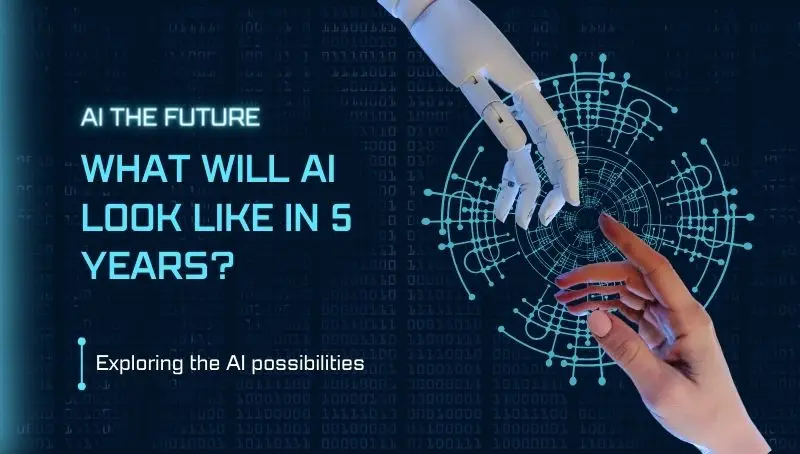The Future of AI

Artificial Intelligence (AI) has come a long way since its inception, transforming the way we live, work, and interact with each other. From virtual assistants like Siri and Alexa to self-driving cars and personalized healthcare, AI has already made a significant impact on our daily lives. But what does the future hold for this rapidly evolving technology? In this blog, we’ll explore the trends, predictions, and possibilities that will shape the future of AI.
Trend 1: Increased Adoption in Industries
AI is no longer limited to tech giants and startups. Traditional industries like healthcare, finance, and education are increasingly adopting AI to improve efficiency, reduce costs, and enhance customer experiences. For instance, AI-powered chatbots are being used in healthcare to provide personalized support to patients, while AI-driven analytics are helping financial institutions detect fraud and make informed investment decisions.
Trend 2: Rise of Explainable AI
As AI becomes more pervasive, there is a growing need for transparency and accountability. Explainable AI (XAI) is a new trend that focuses on developing AI systems that can provide clear explanations for their decisions and actions. This will be critical in high-stakes applications like healthcare, finance, and transportation, where AI-driven decisions can have significant consequences.
Trend 3: Advancements in Natural Language Processing
Natural Language Processing (NLP) has seen tremendous progress in recent years, enabling AI systems to understand and generate human-like language. Future advancements in NLP will lead to more sophisticated virtual assistants, improved language translation, and enhanced customer service experiences.
Prediction 1: AI-Driven Job Creation
While AI has the potential to automate certain jobs, it will also create new ones. According to a report by Gartner, AI will create 500,000 new jobs in the next three years. These jobs will require skills like AI development, deployment, and maintenance, as well as expertise in areas like data science and analytics.
Prediction 2: Increased Focus on AI Ethics
As AI becomes more pervasive, there is a growing need for ethical considerations. Future AI systems will need to be designed with ethics in mind, ensuring that they are fair, transparent, and unbiased. This will require a multidisciplinary approach, involving experts from fields like philosophy, sociology, and psychology.
Possibility 1: AI-Driven Scientific Breakthroughs
AI has the potential to revolutionize scientific research, enabling scientists to analyze vast amounts of data, identify patterns, and make new discoveries. Future AI systems could lead to breakthroughs in areas like cancer research, climate modeling, and materials science.
Possibility 2: AI-Powered Education
AI can transform the education sector, providing personalized learning experiences, automating grading, and identifying learning gaps. Future AI systems could also enable remote learning, making high-quality education accessible to people around the world.
Conclusion
The future of AI is exciting and uncertain, with possibilities that are both exhilarating and unsettling. As AI continues to evolve, it’s essential that we prioritize ethics, transparency, and accountability. By doing so, we can harness the power of AI to create a better future for all.